Recent Award Winners
The objective of the research is to boost Federico’s professional development and training as a rice molecular geneticist and strengthen international collaboration with scientists at international research centers. The scholarship funds would be used to cover travel expenses, and room and board as well as cover supplies to conduct experiments related to the proposed project.
Frederico will collaborate with scientists at the International Center for Tropical Agriculture in Columbia (CIAT) to test and genotype rice crosses under various stress conditions, extract DNA and RNA, and perform expression analysis of relevant genes. Federico will work under the guidance of Gloria Mosquera (pathologist), Camila Rebolledo (physiologist), and Constanza Quintero (geneticist). This opportunity to work directly with researchers at CIAT will enable him to learn new skills and be exposed to the work at CIAT that should lead to solutions for farmers and society as a whole.
Dr. Martin (PhD 2012) is currently a Research Scientist with Jan Leach at Colorado State University.
The goal of Giebler’s research is to enhance rice resilience in the face of climate change by identifying genetic combinations that confer a broad-spectrum response to stress and be utilized in the development of new cultivars.
The scholarship funds will be used to attend the Rice: Research to Production course at the International Rice Research Institute (IRRI) to gain hands-on experience in advanced rice breeding techniques and production methods, insights into recent innovations in science targeted toward rice, and a better understanding of socio-economic and environmental factors included in rice production. This training will provide practical skills and knowledge required to design and conduct research that can directly impact rice production systems in regions vulnerable to climate change. Mitchell will have the opportunity to collaborate with international experts, enhance knowledge in this field. The training will be crucial in ensuring that the outcomes are not only scientifically sound but also applicable to real-world agricultural practices.
Mitchell is currently an MS student with Jan Leach at Colorado State University.
Jongo Bae – MS students in Agricultural Economics at Purdue
Jongo Bae’s research examines how Global Agricultural Value Chains (GAVCs) influence geopolitical risk, with rice serving as a compelling case study. As a staple food for over half the world’s population and a politically sensitive crop, rice is uniquely positioned at the intersection of food security and international relations. Recent export bans in South Asia, for example, have shown how disruptions in rice trade can destabilize markets and heighten food insecurity. Through the Rice Research to Production course at IRRI, supported by GRRF, he aims to gain a deeper understanding of rice production, varietal diversity, and global trade dynamics. This experience will help him to investigate how resilient and well-integrated agricultural systems—starting with rice—can contribute to greater geopolitical stability.

Past Award Winners who are now Professors
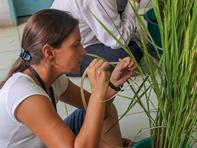
Thais Fernanda Stella de Freitas
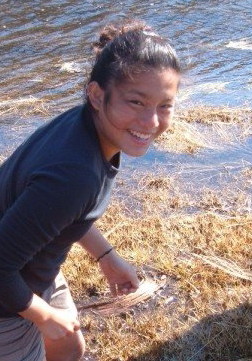
Diane R Wang
Many thanks to GRRF for the role it has played in my career.”
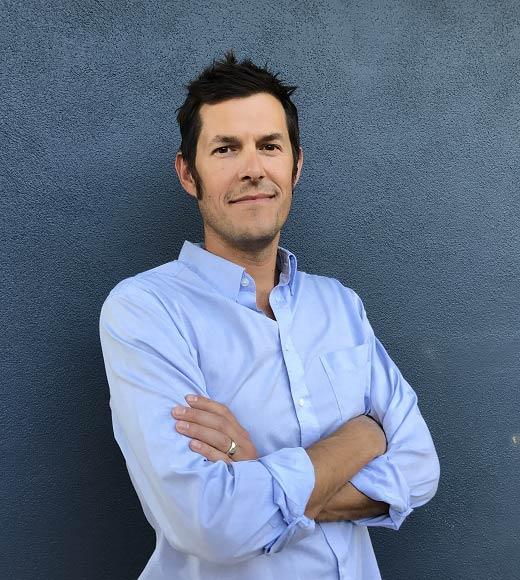
Cameron Pittelkow
a 2012 awardee, received the 2020 American Society of Agronomy’s “Early Career Award” and is now Assistant Professor of Agronomy and Agroecosystems at the University of California-Davis
Cameron worked at IRRI on no-till mechanical transplanting with Roland Buresh and James Quilty. I
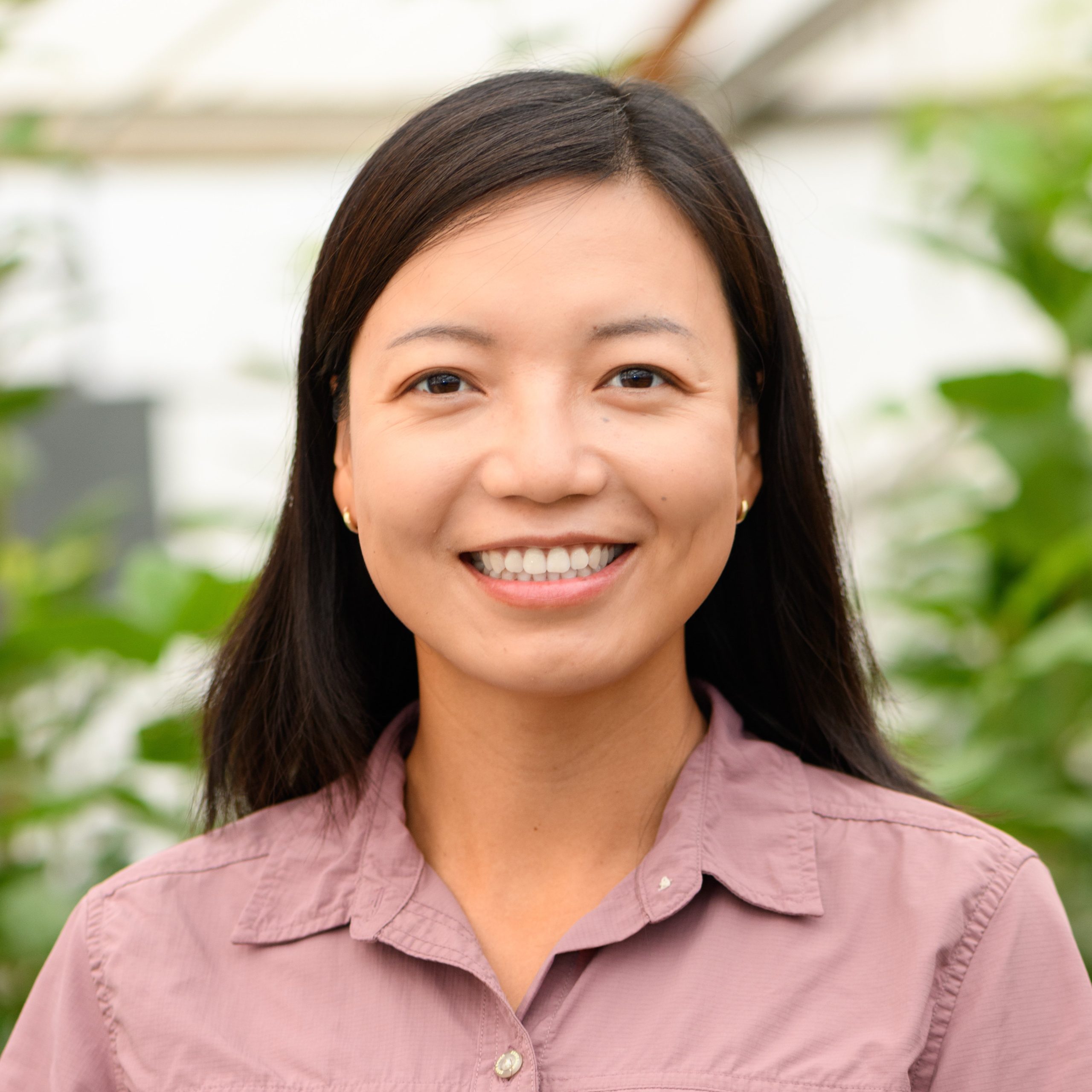
Rui Liu
Rui “Tabby” Liu is an Assistant Professor of Weed Science at Washington State University (WSU). She received her award in 2017 while doing her Ph.D. at Texas A&M University. The award supported her at IRRI’s “Rice: Research to Production” course. She got to spend three weeks at IRRI to learn about breeding new varieties, plant protection, planting & harvest techniques, and broadened her perspective on rice and the impact of collaborative international research efforts.

Daniela Carrijo
Award Winners 2013 to 2023
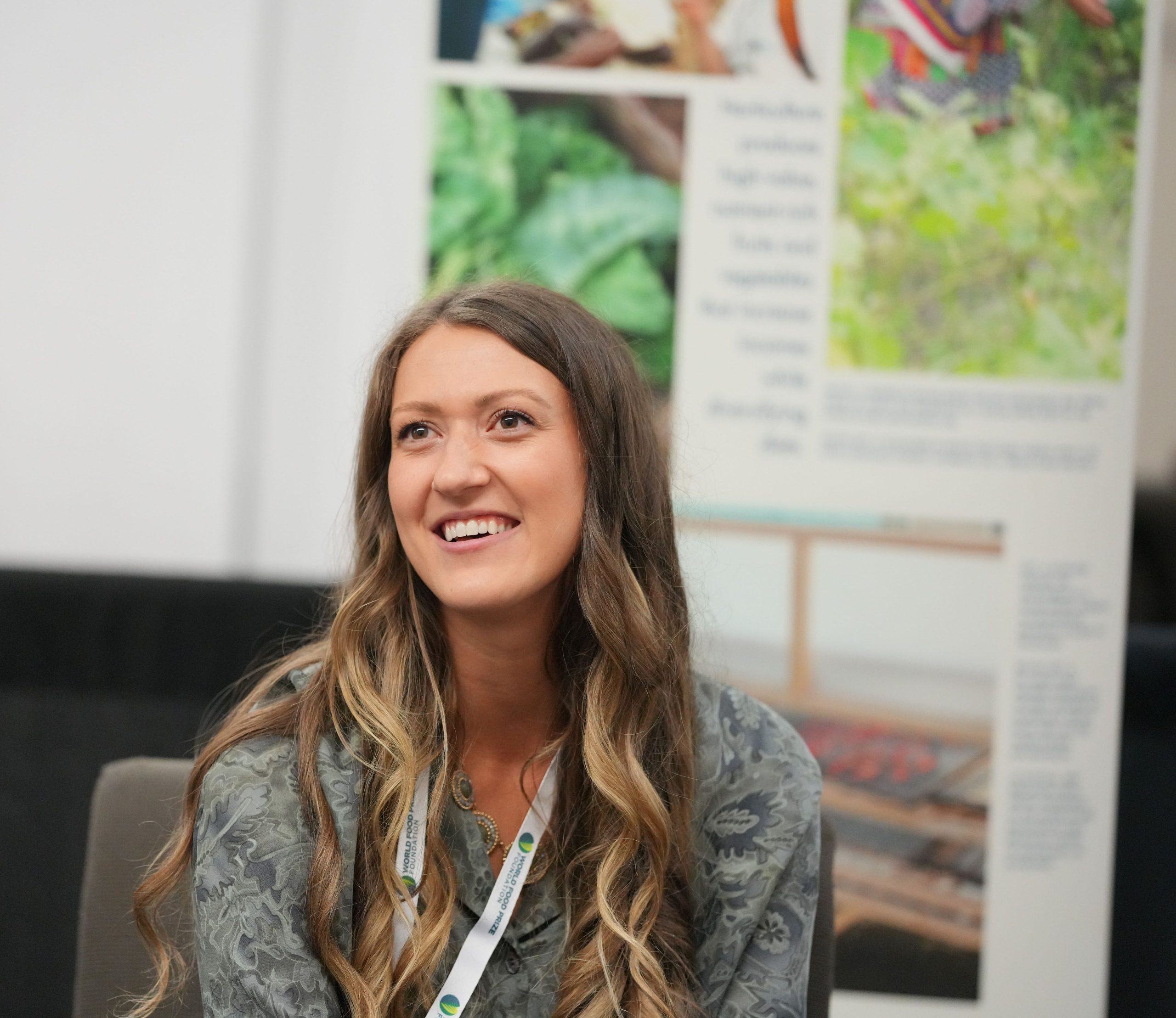
Katheryn Gregerson

Reuben Kudiabor
Reuben Senyo Kudiabor is a PhD student at the Department of Soil and Crop Sciences at Texas A&M University. He received the 2024 GRRF award for research on weed biology and population dynamics under Alternate Wetting and Drying (AWD) in rice at IRRI-Philippines. His research aims to identify problematic weeds and the traits that allow them to thrive under AWD conditions. The study will focus on germination biology, seedling survival, growth rates, and shifts in weed community composition. Insight from his project will support the development of integrated management options for sustainable rice production leading to improved rice yield, and reduced water and herbicide use.
Reuben is supervised by Dr. Muthukumar Bagavathiannan at Texas A&M University and Dr. Virender Kumar at IRRI. He obtained his MPhil in Plant Breeding and Genetics from the University of Ghana and his BSc in Crop Sciences from Kwame Nkrumah University of Science and Technology.

Karen Heikkilä
Primarily a pilot endeavour, the survey will aid in refining questions of interest, testing observations and conclusions from the literature on indigenous hill rice cultivation, improving information elicitation techniques, and planning for future research on the Semai indigenous subsistence economy and no-till agricultural practices.
Dr. Heikkilä is affiliated as a postdoctoral researcher with the Department of Environmental Sciences and the Orang Asli Archive at Keene State College, New Hampshire. She obtained her PhD in Geography from the University of Helsinki. Her dissertation dealt with oral tradition and indigenous geographical knowledge as expressed in Semai ancestral toponyms and narratives.
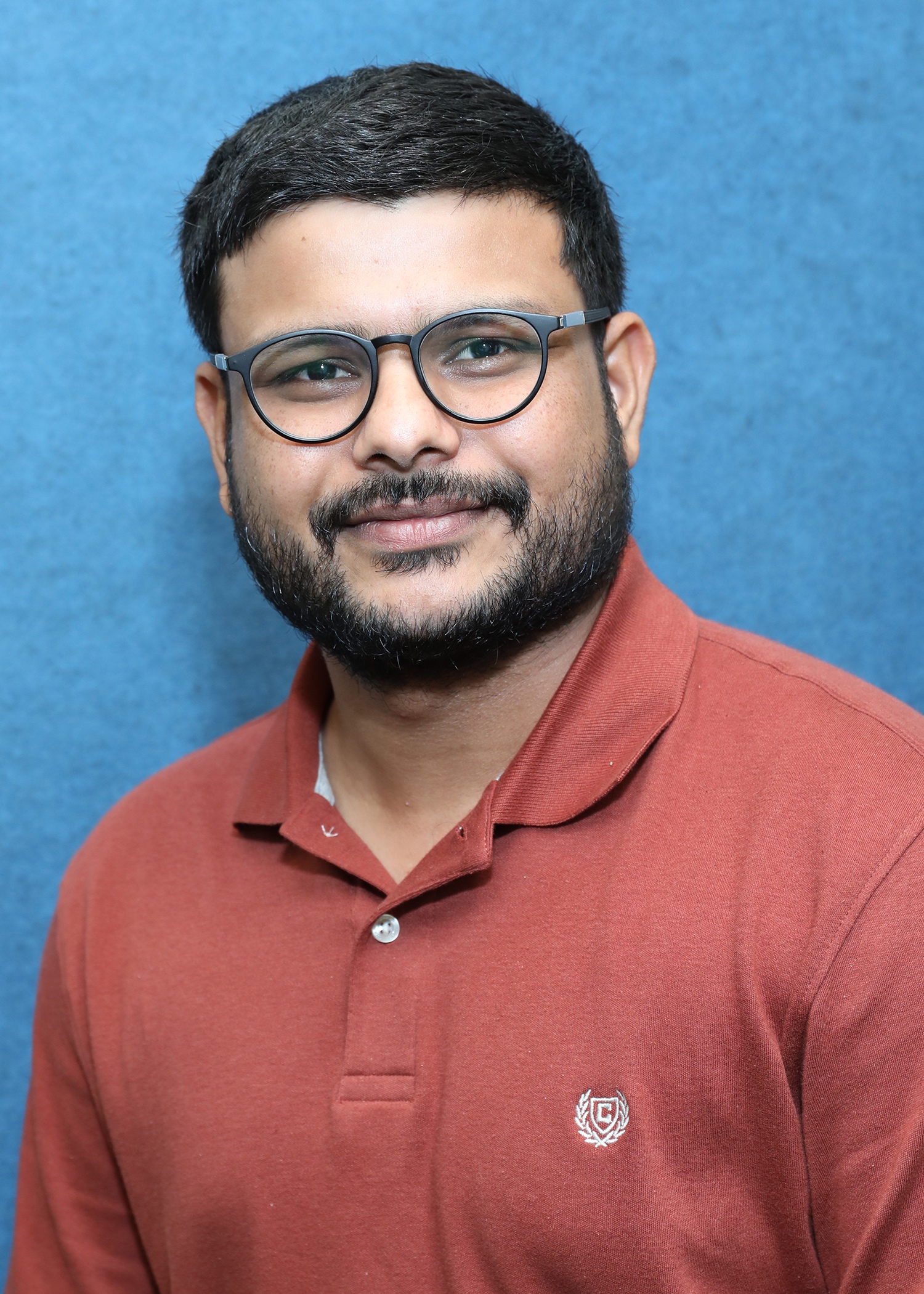
Bholuram Gurjar

Uzezi Okinedo
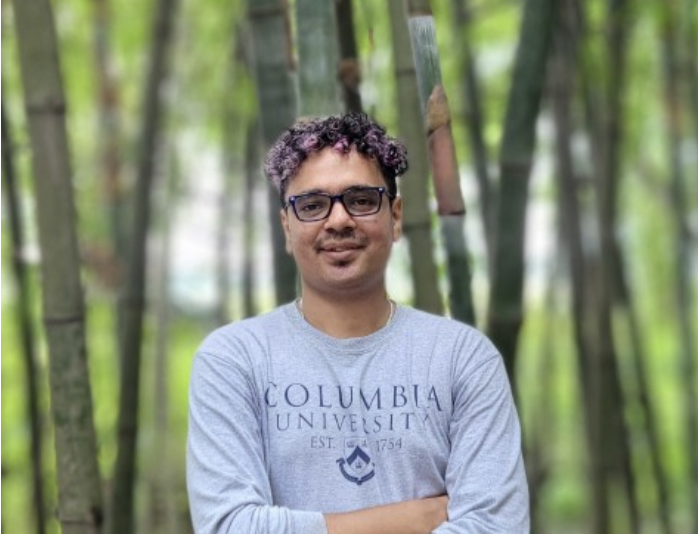
Raj Upreti
Mr. Upreti is a second-year student in the MPA in Development Practice Program (MPA-DP) at Columbia University School of International and Public Affairs studying under Glenn Denning. He received a Master of Business Administration from Purbanchal University and a Bachelor of Science from Tribhuvan University in Nepal.
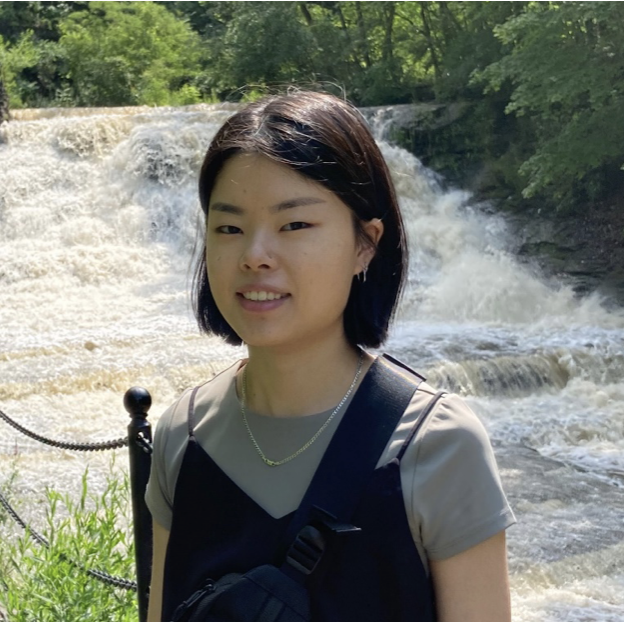
Yumino Sasaki
Yumino will use her award to work abroad with experts in the structural biology of plant disease resistance proteins and to conduct fieldwork to understand the current strains of bacterial blight and bacterial leaf streak in Madagascar, activities that will advance her research in ways not possible at Cornell. The Madagascar field research will help establish the potential for effective deployment of rice engineered to resist bacterial rice diseases in West Africa.

Francis Akitwine
Francis’ doctoral study focuses on understanding the soils of Uganda’s Kamuli District, which heavily invests in rice production. He anticipates gaining insights into how to use smart fertilization to increase rice output sustainably particularly Nutrient Manager, a tool developed by the IRRI to optimize fertilizer use in rice production. By interacting with the scientists who created this tool, he will gain a deeper understanding of how to apply it in research and to create useful solutions to maximize fertilizer use and raise crop yields.

Juan Camilo Velásquez Rodríguez
The Global Rice Leadership Award will support a project related to his Ph.D., which aims to determine the junglerice resistant to quinclorac and competitiveness with inbred and hybrid rice under heat stress. The principal institution is the University of Arkansas, and as partners, the faculty of Ciencias Agrarias from the Universidad Nacional de Colombia in Bogotá (UNAL), the alliance Bioversity international and International Center of Tropical Agriculture (CIAT), and the Fondo Latinoamericano para el Arroz de Riego (FLAR). Data from this research will enable us to predict whether junglerice will evolve resistance to new auxinic herbicides quickly, quinclorac-resistant populations will be weedier, weediness will increase with rising temperature, and hybrid rice competes better with junglerice than inbred rice.
Juan finished his BSc degree in Agronomy from UNAL and obtained his MSc at the Universidade Federal de Pelotas, Brazil. He has worked on weed resistance to herbicides, weed physiology, and rice selectivity to herbicides, among other topics in weed science.
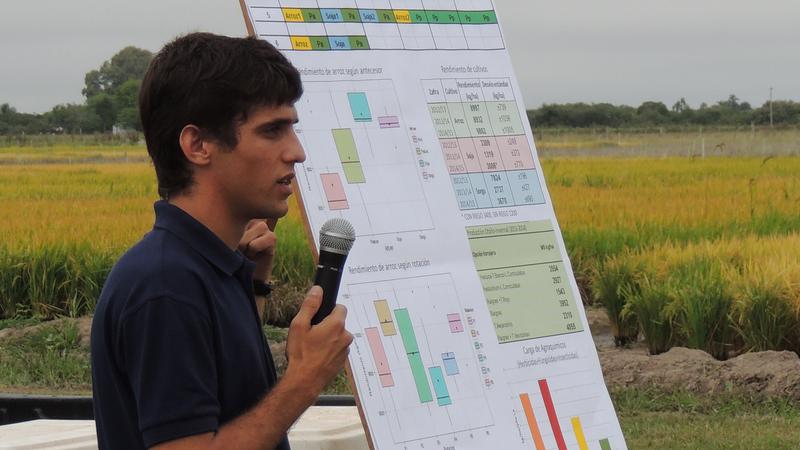
Ignacio Macedo
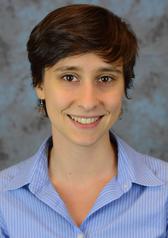
Yasmine Farhat
Ms. Farhart is a 2nd year PhD student in the Department of Civil and Environmental Engineering Department at the University of Washington, Seattle, WA where she is working with Professors Rebecca Neumann and Soo-Hyung Kim. She holds BSc degrees in Biology and Chemistry from the University of Nebraska, Omaha, where she graduated Summa Cum Laude.

Lina Bernaola
The GRRF Travel and Study Award will support Ms. Bernola’s attendance at the 5th International Rice Congress, which will be held in Singapore in October 2018 and facilitate meetings with the Rice Research Center at MARDI in Penang, Malaysia.
Ms. Bernaola is studying with Professor Michael Stout in the Entomology Department at Louisiana State University, Baton Rouge, LA, where she also earned an MSc degree in Agronomy and Crop Science. She holds a BSc degree in Biological Sciences from Universidad Nacional Mayor de San Marcos in Lima, Peru.
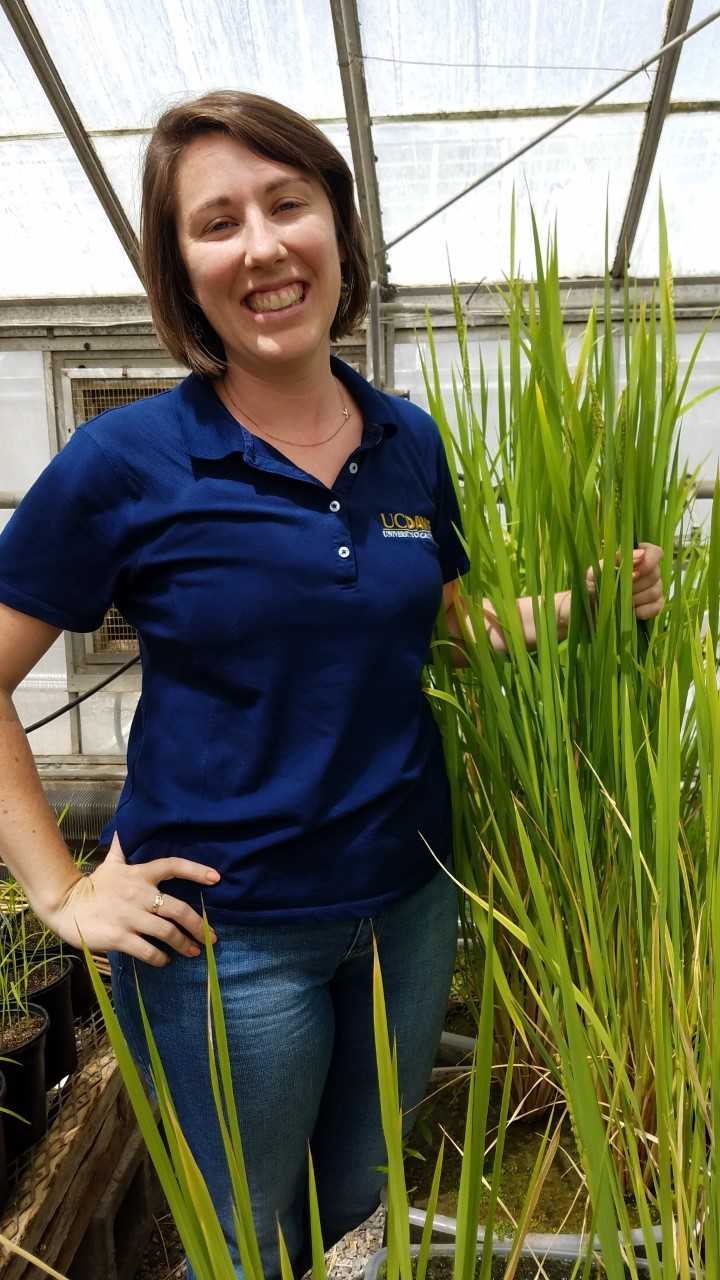
Liberty GaLvin
The GRRF Travel and Study award helped Galvin attend the 2018 IRRI Research to Production short course. Galvin reports that class discussions included the roles of women as key stakeholders in rice value-chains. She learned that “In places like India and Nepal, women are doing much of the transplanting, weeding, and harvesting, all by hand. However, they often are not the landowners or the final recipient of the harvest’s profit. To my surprise many people said that men and boys are heavily involved in field preparation due to the strenuous nature of soil cultivation without mechanization.”
She learned about how no-till and “stale seedbed” techniques from Dr. Virender Kumar may be used in Asian rice systems. She is developing collaboration with Dr. Kumar and one of his graduate students at Utrecht University in the Netherlands to help determine biophysical parameters necessary for germination and emergence of weeds common to many rice systems around the globe.
Galvin studies under Professor Kassim Al-Khatib in the Plant Sciences Department at UC Davis. She obtained her MSc in International Agricultural Development in 2017 from UC Davis, and a BSc in Environmental Sciences with minors in both Soil Science and Agronomy from Oklahoma State University.
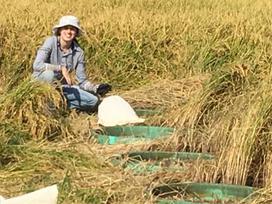
Daniela Carrijo
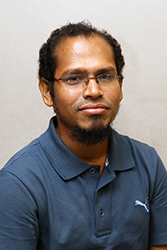
ASM Faridul Islam
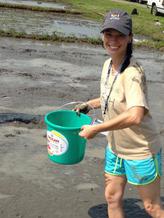
Emily Kraus
Emily spent February 2018 with a team of Cambodian and IRRI researchers helping to educate farmers and extension agents about Integrated Pest Management for rice. Emily reports the team interviewed individuals and held focus groups to understand the formal and informal arrangements that affect pest management of farmers in the community.
Kraus’s major professor at LSU is Michael Stout and she has also collaborated with Blake Wilson.

Rui Liu (Tabby)

Bryant Fong
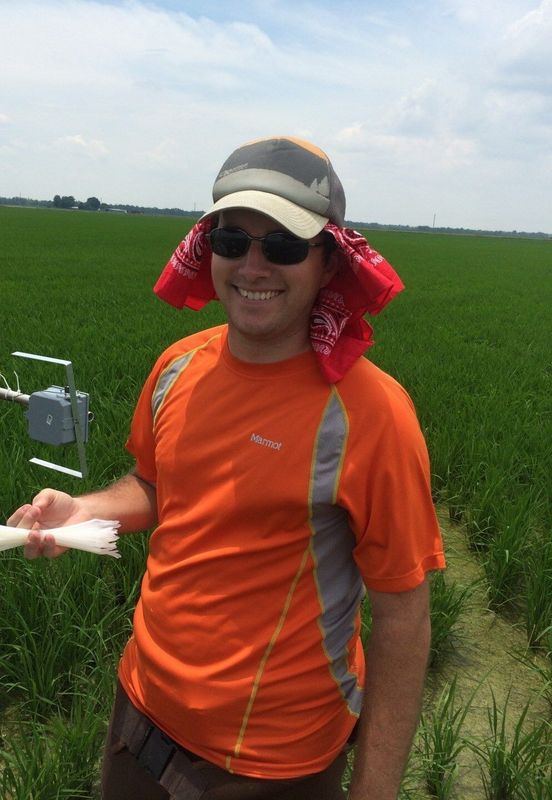
Colby Reavis
Colby’s report says:” Working with Dr. Ryu’s group was a great opportunity…I hope to continue studying rice and the effects it has in the global arena. I am incredibly thankful to Asia Rice USA for making this possible.”

Chris (Topher) Addison
He reports: “Initially, I assisted with plowing a field using a single blade plow pulled by a carabao. I also learned how to use a hydro tiller to level the planting area to ensure an even spread of irrigation water across the field. Unlike traditional rice planting in the United States, I was surprised to learn that it is common for farmers to hand transplant their entire fields because few farmers have access to transplanting machines. I also learned a great deal about the pests that growers battle in the Philippines. I learned of the golden apple snail infestations that plague the area and can cost farmers millions of dollars.
On his return, Chris said: “My trip was…an amazing experience that not only exposed me to many different aspects of rice production, but also reinforced my desire to pursue a career in international agriculture!”

Kumar
His trip to IRRI will include participation in the International Molecular Breeding Course (28 Sept.-9 Oct.) and a continued stay at the Institute through Dec. 2015 to conduct some research training including work with Dr. Arvind Kumar, leader of IRRI’s rainfed lowland South Asia plant breeding group, for phenotyping of an F2 population (indica x glaberrima) and some other advanced lines. He will also learn other advanced technologies to impose drought in the field.
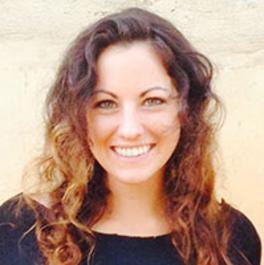
Anne-Marie Mitchell
Through farmer experimentation, she hopes to determine the most suitable weeding instruments for the southeastern region of the country. With the assistance of the Union of Rice Farmers of the Oueme Plateau (URIZOP), the and otherr farmer groups 20 rice farmers from around the Oueme Department will be chosen to experiment with three different weeding methods: by hand or with a hand tool, with a cono-‐weeder, and using a locally-‐made, ecologically-‐adapted weeder. This equipment is being financed by the GRRF grant.
Before the start of the growing season in October, farmers will be chosen by CCR-‐B and trained on best management principles and surveyed on their perception of rice practices and the overall experiment. As a part of the experiment, farmers will be asked to use 9-‐12 rice plots, using 3-‐4 plots per weeding method. Post-‐surveys will be conducted at the end of the season (April-May 2016) to evaluate the advantages or disadvantages of each weeding method.
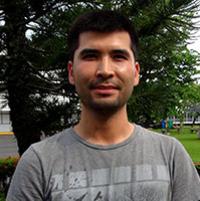
Hussain Sharifi
As a prominent part of his research, he has tested the accuracy of Oryza2000 and CERES-Rice, widely used rice crop growth models, under these environmental variables. The accuracy of these models under varying environmental factors is essential to efficient rice crop management—and consequently yield and profitability—in the face of climate change. Not wasting any time, he has already arrived at IRRI to attend the 2015 Rice: Research to Production Course, which GRRF is funding for him. Particularly interested in crop modeling, he will also be conferring with Tao Li, IRRI’s crop modeler.
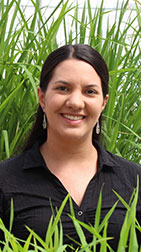
Ana Bossa Castro

Haley Sater

Brad Tonnessen

Alice Beban
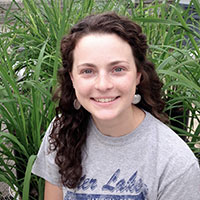
Jenna Reeger
